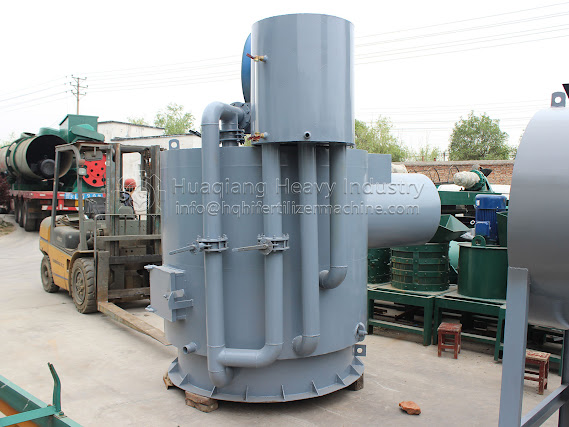How to choose organic fertilizer equipment cage crusher

When choosing a cage crusher in an organic fertilizer equipment , you can consider the following key factors to ensure that you choose the right equipment for your needs: 1. Processing capacity and output demand: First of all, we must choose the appropriate cage crusher according to the production scale of our organic fertilizer production line and the demand for organic matter processing capacity. Determine the amount of organic matter that needs to be processed per hour or per day to ensure that the processing capacity of the equipment can meet the expected production demand. 2. Equipment quality and durability: Choose well-known brands or suppliers with good reputation to ensure reliable and durable equipment quality. Cage crushers usually need to handle a variety of hard and wear-resistant materials, so durability is a very important consideration. 3. Operation convenience and maintenance requirements: the operation interface and operation proc...







